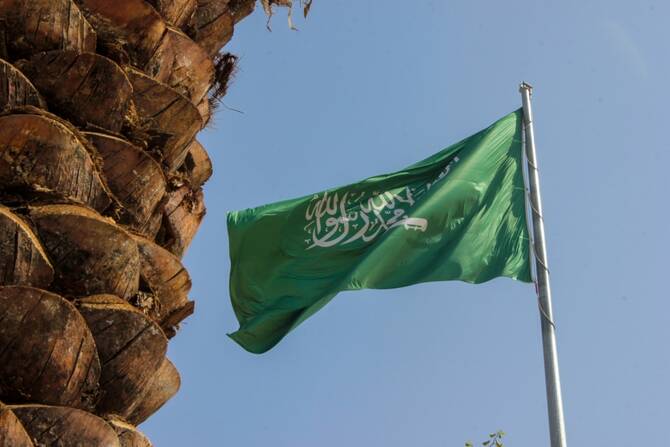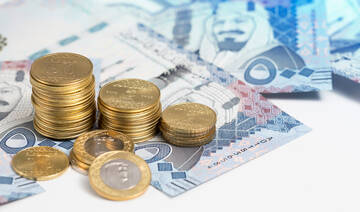DUBAI: Tata-owned Air India plans to offer more flights to the UAE and Qatar as the FIFA World Cup frenzy culminates with the opening of the quadrennial football event in November, UAE daily Gulf News reported.
About 1.5 million fans are expected to arrive in Qatar for the world’s biggest football tournament.
The carrier said it will add four weekly flights between Dubai and Kolkata once the winter schedule starts Oct. 22.
Air India will deploy its Airbus A320Neo single-aisle aircraft, which has a capacity of 12 business-class seats and 150 economy seats.
It is currently operating 69 weekly flights to Dubai.
Additional frequencies to Qatar meanwhile could be determined later this month when flight slots to the World Cup host become clearer.
Air India is currently selling discounted one-way flight fares for passengers departing from its Gulf network to celebrate India’s 75th Independence Day. These seats are available until Aug. 21 on a limited basis and are valid for travel until Oct. 15 this year.
India’s aviation authority meanwhile is lifting the caps on air fares in the country from Aug. 31 as the domestic segment continues its recovery from the coronavirus pandemic.
“After review of the current status of scheduled domestic operations viz-a-viz passenger demand for air travel… it has been decided to remove the fare bands notified from time to time regarding airfares with effect from 31.08.2022,” Satyendra Kumar Mishra, joint secretary for civil aviation ministry, said in his order issued on Wednesday.
“The airlines/operators shall, however, ensure that the guidelines to contain the spread of COVID-19 are strictly adhered to and COVID-19 appropriate behavior is strictly enforced by them during the travel,” he added.
The limits on capacity and fares were imposed in May 2020, as air travel was reopened after a nationwide lockdown, mainly to prevent a spike in ticket prices due to increased demand for flights as movement restrictions were eased.
Under the existing policy, tickets sold in 0-15 days on a rolling basis must be priced within the minimum and maximum band, although airlines are free to set their own fares for journeys beyond 15 days.
















